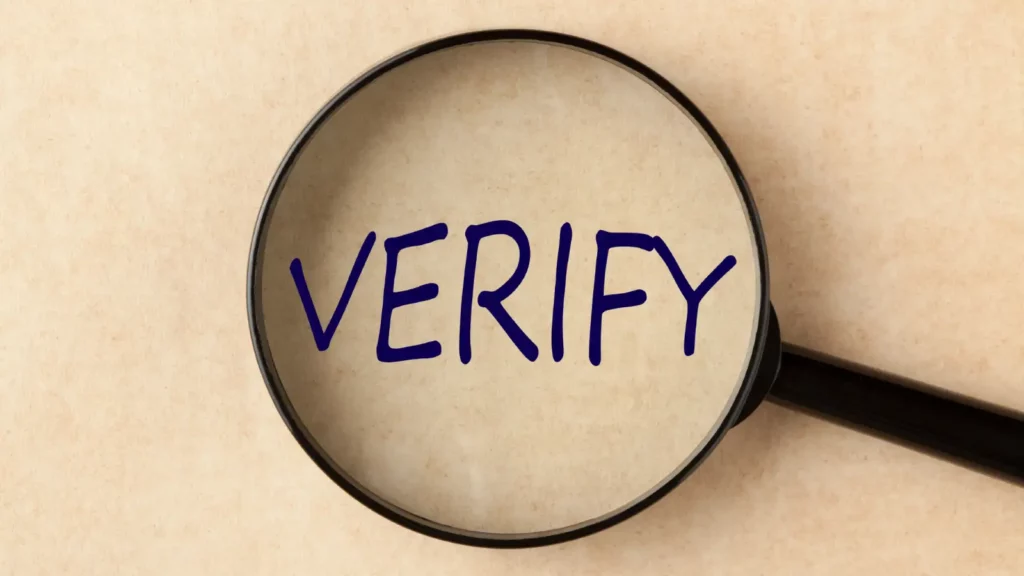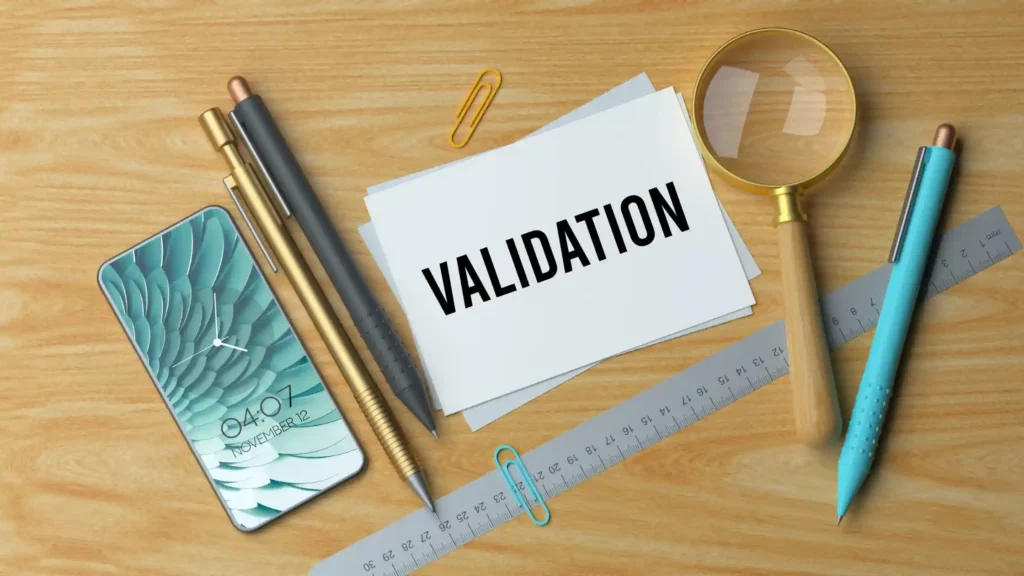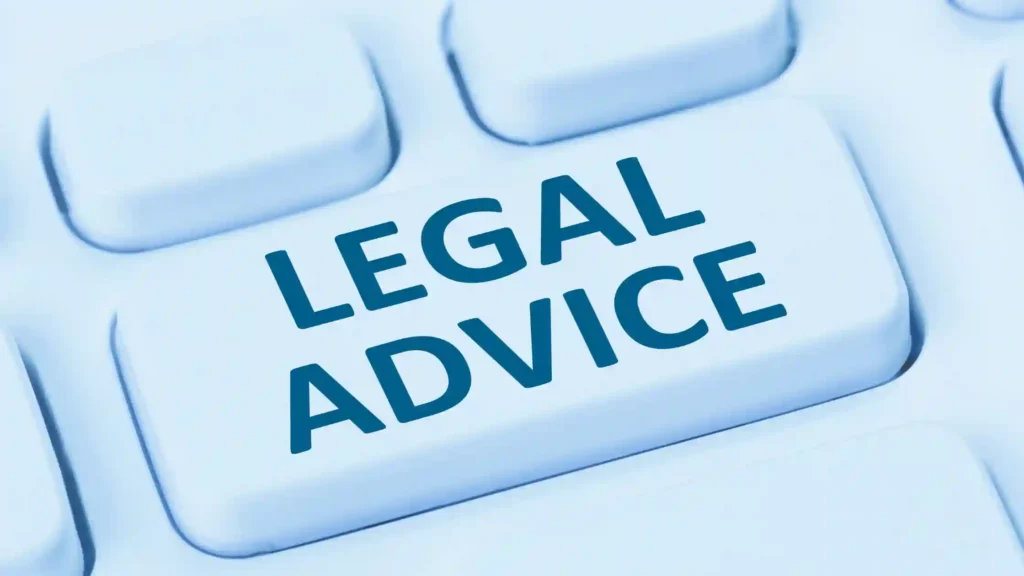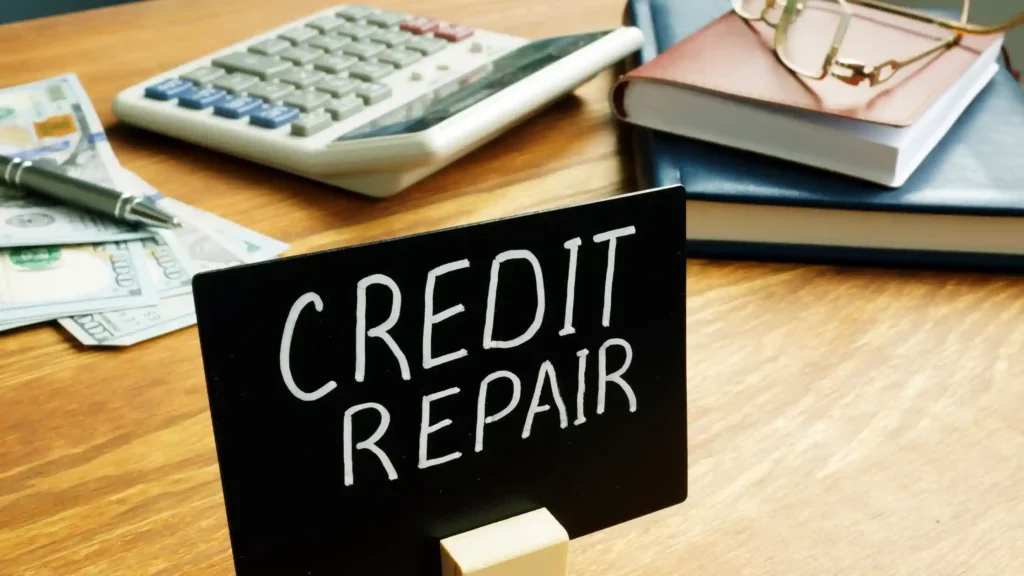Penn Credit is a well-known debt collection agency that many consumers may have to deal with at some point.
In this article, we will explore who Penn Credit is, what a debt collector does, and what rights consumers have when dealing with debt collectors.
We will also discuss how to handle harassment from debt collectors, verify the debt, and the best strategies to beat Penn Credit.
Whether it’s negotiating a settlement, requesting a debt validation letter, disputing the debt, or seeking legal help, we’ve got you covered. We’ll share tips on how to rebuild your credit and avoid debt collection in the future.
Key Takeaways:
- When dealing with Penn Credit, remember your rights as a consumer. You have the right to dispute the debt and request verification of it.
- Consider negotiating a settlement or seeking legal help to beat Penn Credit. These options can help reduce or eliminate the debt altogether.
- After beating Penn Credit, focus on rebuilding your credit and avoiding future debt collection. This can include creating a budget and paying bills on time.

Who is Penn Credit?
Penn Credit is a well-known debt collection agency based in Harrisburg.
The company has been serving clients nationwide since its establishment in 1987, specializing in debt recovery services for various industries such as healthcare, financial services, and government agencies.
Penn Credit’s commitment to compliance with consumer rights and the Fair Debt Collection Practices Act sets them apart in the industry.
Their reputation for professionalism and ethical practices has earned them trust among both creditors and debtors alike.
What is a Debt Collector?
A debt collector is an entity responsible for pursuing payments on debts owed by individuals or businesses.
Debt collectors typically use various methods to collect debts, including making phone calls, sending letters, and even making personal visits to debtors. They aim to negotiate payment arrangements or settlements to recover the outstanding amounts.
It is important to note that debt collectors must adhere to strict legal guidelines outlined in regulations such as the Fair Debt Collection Practices Act (FDCPA).
These laws restrict practices such as harassment, false statements, and unfair practices during the collection process.
What are the Rights of a Consumer when dealing with Debt Collectors?
Consumers have rights protected by the Fair Debt Collection Practices Act (FDCPA) when dealing with debt collectors, ensuring fair treatment and ethical practices.
The FDCPA provides consumers with various protections against abusive tactics in debt collection, such as restrictions on calls at inconvenient times or places, prohibitions on threats or harassment, and requirements for accurate disclosure of debt details.
Consumers have the right to request validation of the debt and dispute any inaccuracies, while debt collectors must cease communication upon receipt of a written request.
If a debt collector violates the FDCPA regulations, consumers can seek legal remedies, including damages for emotional distress or financial harm, and potentially attorney’s fees.
How to Deal with Harassment from Debt Collectors?
When facing harassment from debt collectors, consumers can file complaints with agencies such as the Consumer Financial Protection Bureau (CFPB) or Better Business Bureau (BBB) to address unethical practices.
It is essential for individuals to carefully document all interactions with debt collectors, including recording phone calls, saving voicemails, and keeping copies of any written communication. This detailed documentation can serve as valuable evidence in case further actions need to be taken. Seeking assistance from legal aid organizations, debt relief services, or financial advisors can also provide valuable guidance and support in navigating the complexities of debt collection procedures.
How to Verify the Debt?

Verifying a debt involves requesting a debt validation letter, understanding potential lawsuits, and considering the statute of limitations for debt collection.
Once you request a debt validation letter, the debt collector is legally obligated to provide you with proof that the debt is valid and that they have the right to collect it. This documentation can include details of the original creditor, the amount owed, and any relevant account information.
Understanding potential lawsuits is crucial as creditors may take legal action to collect a debt. It’s essential to be aware of your rights and defenses if you are sued, as a judgment can result in wage garnishment or asset seizure.
Considering the statute of limitations for debt collection is important, as it determines how long a creditor can legally sue you for the debt. Once this time limit has passed, the debt is considered time-barred, and creditors cannot enforce payment through legal action.
What Documents Should You Ask for to Verify the Debt?
Requesting specific documents to verify a debt, such as validation information, contact details of the creditor, and pertinent validation documentation, is crucial for consumers.
Consumers should ensure they receive a debt validation letter from the creditor containing specifics of the debt, like the amount owed and the original creditor’s name. It’s important to request proof of the debt’s validity, such as a signed contract or agreements.
Having accurate and detailed documentation is essential to protect consumer rights and prevent any fraudulent activities.
What are the Best Ways to Beat Penn Credit?
Beating Penn Credit involves various strategies such as negotiating a settlement, requesting a debt validation letter, and seeking legal assistance if necessary.
When dealing with Penn Credit, it is crucial to approach the negotiation process strategically. Effective communication with their representatives can often lead to more favorable settlement terms.
It is advisable to thoroughly review any documents they provide and not hesitate to request a debt validation letter to ensure the accuracy of the debt.
If disputes arise, understanding your rights under the Fair Debt Collection Practices Act is essential.
Negotiate a Settlement

Negotiating a settlement with Penn Credit can involve discussing payment plans, reduced amounts, or alternative arrangements to resolve the debt amicably.
One effective approach when negotiating with Penn Credit is to thoroughly review your financial situation beforehand. This will help you determine a realistic payment plan that you can afford without causing additional financial strain. Understanding your budget constraints is crucial in proposing feasible terms to Penn Credit.
Be prepared to clearly communicate your willingness to resolve the debt. Demonstrating a proactive attitude and sincerity in finding a mutually beneficial solution can often lead to more favorable agreements. This may involve proposing a lump-sum payment, agreeing to a structured repayment plan, or considering a settlement for a reduced amount.
Request a Debt Validation Letter

Requesting a debt validation letter from Penn Credit is essential to ensure the accuracy and legitimacy of the debt being pursued.
By requesting this letter, you are exercising your right to verify the debt claimed by Penn Credit. This plays a crucial role in safeguarding yourself from potential scams or inaccuracies in debt collection practices.
A debt validation letter acts as a powerful tool that prompts the creditor to provide proof of the debt’s existence and details. It also enables you to scrutinize the information provided, ensuring it aligns with your records.
Ultimately, it enables you to make informed decisions and take appropriate actions based on verified information.
Dispute the Debt
Consumers can dispute the debt with Penn Credit if there are inaccuracies or discrepancies in the credit report affecting the debt collection process.
When disputing a debt with Penn Credit, it’s crucial to first obtain a copy of your credit report to identify any potential errors. Review each entry carefully, paying attention to details such as incorrect amounts, unfamiliar accounts, or duplicate listings.
Disputing inaccuracies promptly can help rectify any mistakes and prevent negative consequences on your credit score and financial standing.
Contact Penn Credit directly to initiate the dispute process, providing clear documentation and explanations to support your claims.
Stay proactive and persistent throughout the dispute resolution process to ensure a satisfactory outcome.
Seek Legal Help

In complex debt cases, seeking legal assistance can provide valuable support, guidance, and representation when dealing with Penn Credit.
Consumers facing debt disputes often find themselves overwhelmed by the legal complexities involved. Engaging with a knowledgeable attorney not only alleviates this burden but also enhances the chances of a favorable outcome.
Legal counsel can analyze the situation, advise on the best course of action, and represent the consumer’s interests effectively. When a lawsuit comes into play, having a legal professional on your side becomes even more crucial.
They can navigate the intricate legal procedures, negotiate with Penn Credit, and protect your rights throughout the process. The peace of mind that comes with professional assistance is invaluable in such challenging situations.
What to Do After Beating Penn Credit?
After successfully resolving issues with Penn Credit, consumers can focus on rebuilding their credit and implementing strategies to avoid future debt collection challenges.
One crucial step post-resolution is to review and understand credit reports to spot inaccuracies or discrepancies that may impact scores. Developing a structured budget and sticking to it can prevent future financial troubles.
Creating an emergency fund to address unexpected expenses ensures you won’t have to rely on credit.
Establishing healthy financial habits like paying bills on time and not maxing out credit cards can gradually improve creditworthiness over time.
How to Rebuild Your Credit?

Rebuilding credit post-Penn Credit involves improving credit scores, addressing negative entries, and employing credit repair strategies to establish a positive financial profile.
One of the key methods to enhance your credit is by consistently making on-time payments for all your bills, loans, and credit cards. This showcases responsible financial behavior to potential lenders and boosts your creditworthiness over time.
Scrutinizing your credit report for any errors or inaccuracies can help rectify misinformation that may be impacting your score negatively.
Credit utilization is another crucial factor to consider, as keeping balances low and managing credit responsibly can significantly improve your credit standing.
How to Avoid Debt Collection in the Future?
To prevent future debt collection challenges, consumers can focus on negotiation skills, settlement practices, and proactive financial management to avoid falling into debt traps.
One crucial step in preventing debt collection issues is to enhance financial literacy. Understanding concepts such as budgeting, saving, and investing can help individuals make informed financial decisions and avoid overspending.
Creating a debt repayment plan can assist in managing existing debts effectively, minimizing the risk of default. It is also essential to establish an emergency fund to cover unexpected expenses and reduce the need for borrowing in times of crisis.
If you have debt from DRS credit, here’s a helpful article for you – How To Beat DRS Credit?
Frequently Asked Questions
1. How can I beat Penn Credit and improve my credit score?
To beat Penn Credit and improve your credit score, you can negotiate a payment plan, dispute any inaccurate information on your credit report, and make consistent on-time payments to improve your overall credit history.
2. Can I negotiate with Penn Credit for a lower settlement amount?
Yes, you can negotiate with Penn Credit for a lower settlement amount. It is recommended to do so in writing and provide evidence of any financial hardship that may impact your ability to pay the full amount.
3. Will paying off my debt to Penn Credit automatically improve my credit score?
No, paying off your debt to Penn Credit may not automatically improve your credit score. However, it can show as a positive action on your credit report and may improve your credit score over time.
4. How do I dispute inaccurate information on my credit report from Penn Credit?
You can dispute inaccurate information on your credit report from Penn Credit by submitting a written request to the credit bureau, providing evidence to support your dispute, and following up to ensure the information is corrected.
5. Can I request to have my debt to Penn Credit removed from my credit report?
Yes, you can request to have your debt to Penn Credit removed from your credit report. This can be done through a pay-for-delete agreement, where you pay the debt in full in exchange for it being removed from your credit report.
6. How long does it take to beat Penn Credit and see an improvement in my credit score?
The amount of time it takes to beat Penn Credit and see an improvement in your credit score can vary. It will depend on the actions you take, such as negotiating a payment plan or disputing inaccurate information, as well as your overall credit history. Consistent and responsible credit behaviors can lead to a gradual improvement in your credit score over time.

